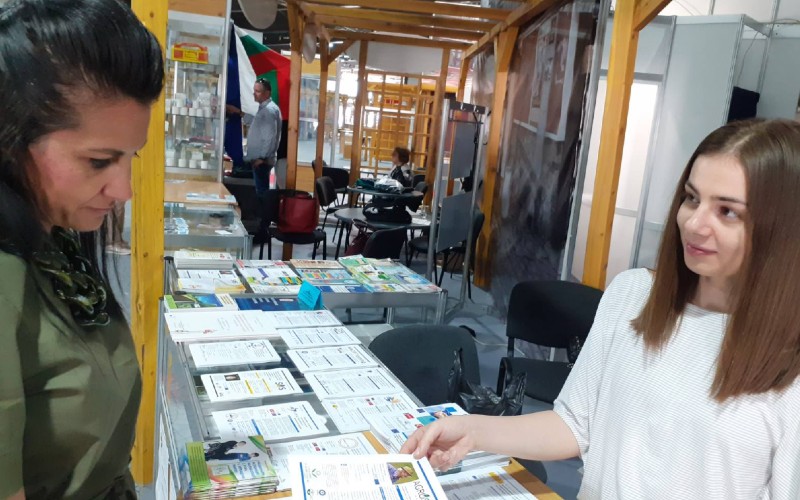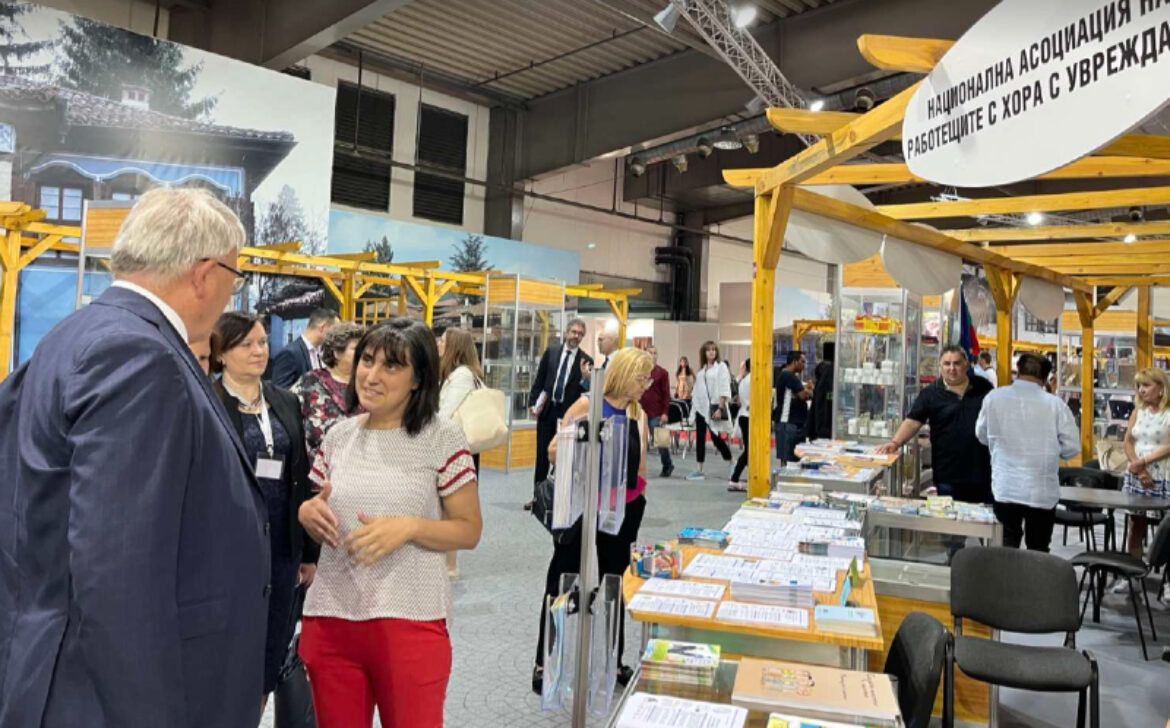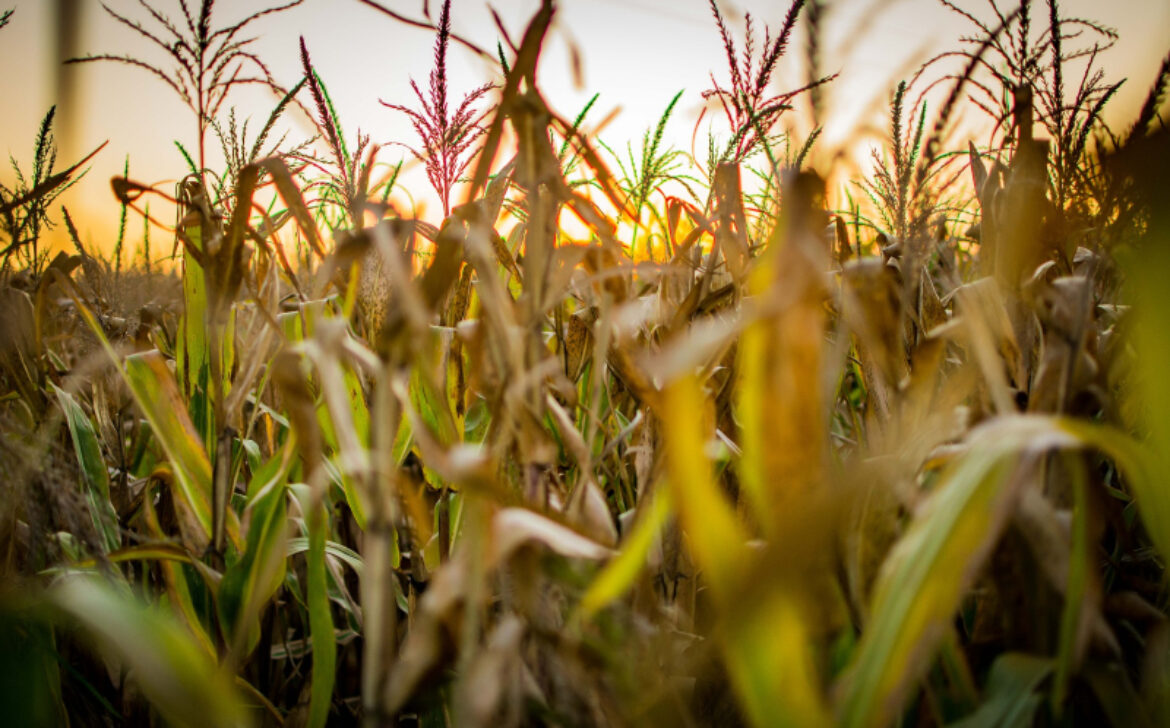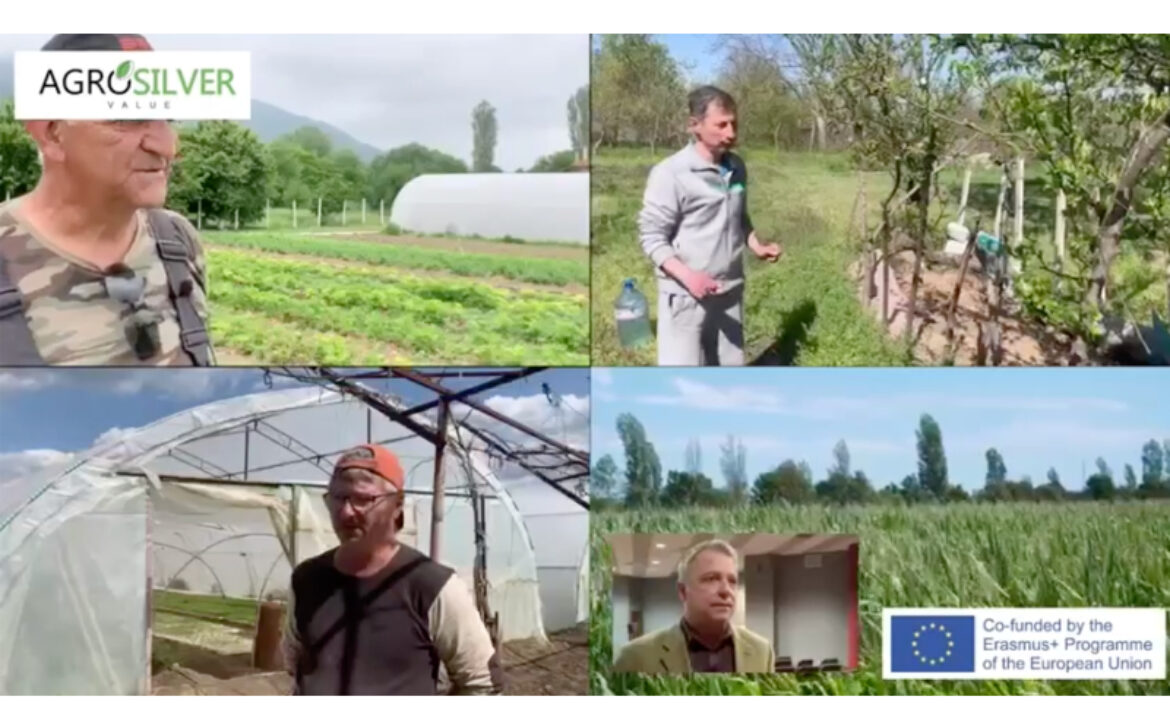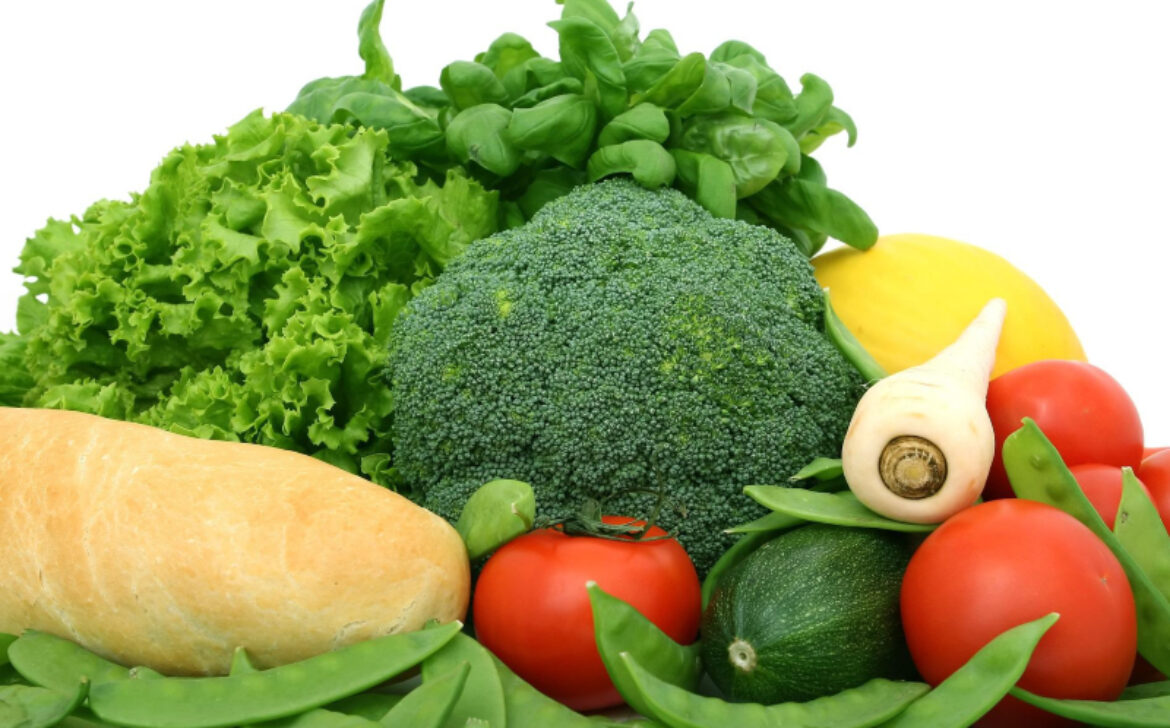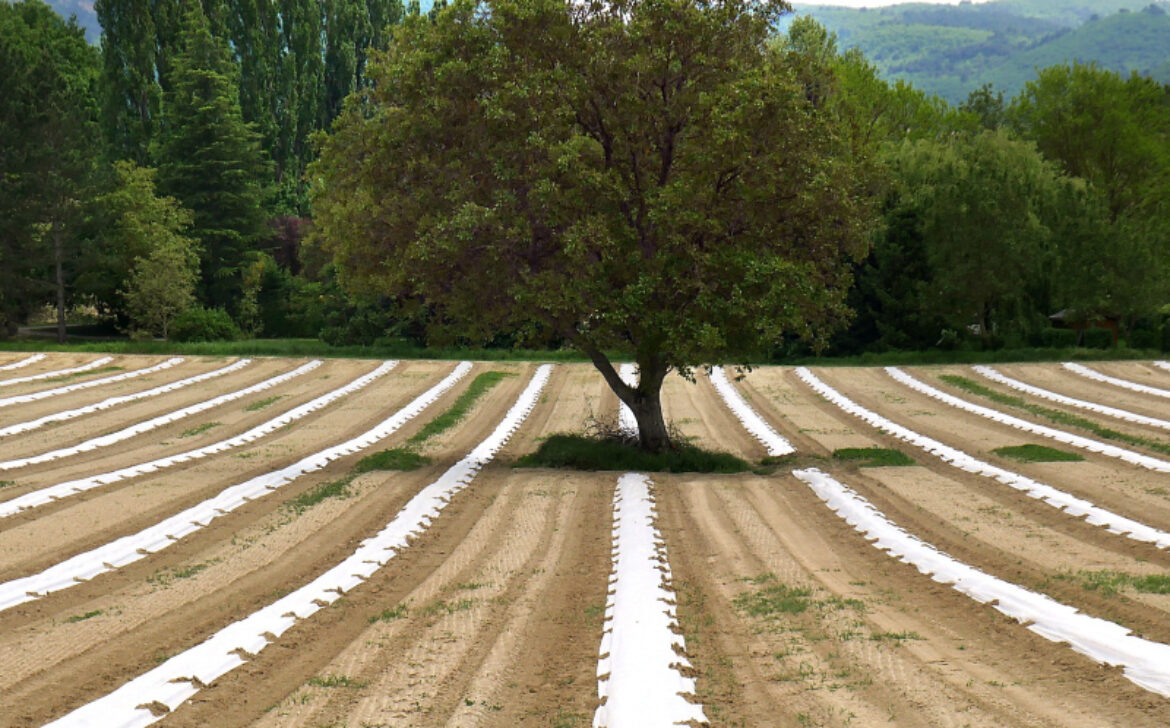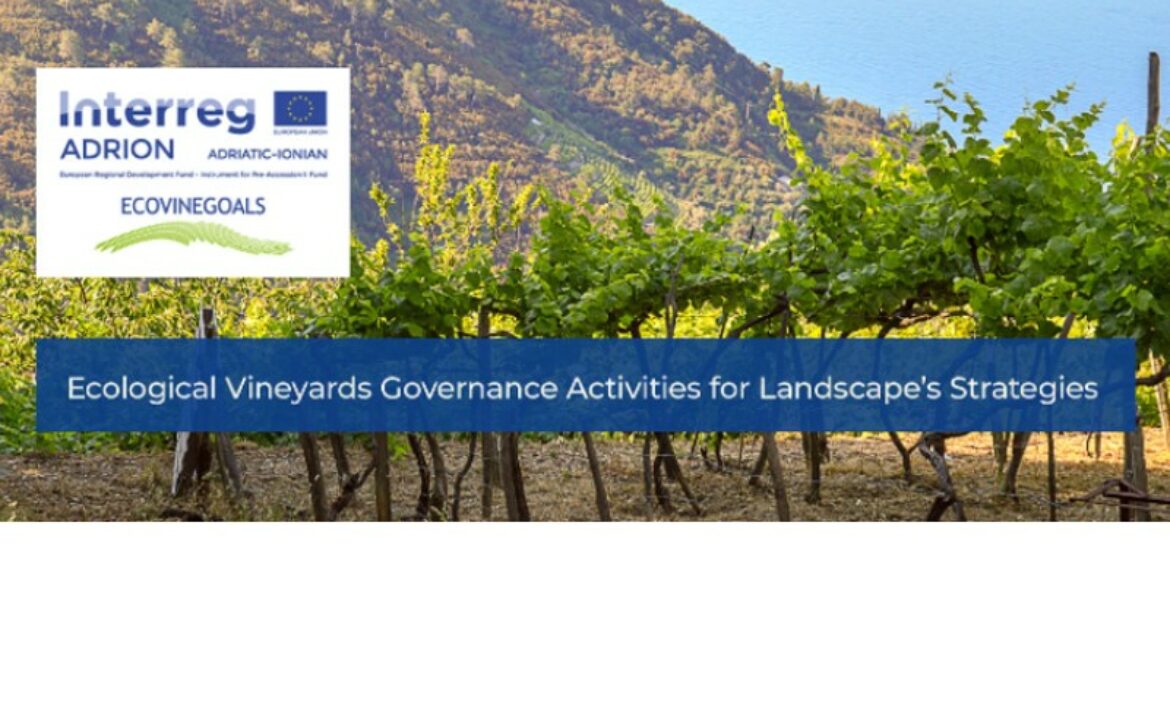ECOVINEGOALS promotes sustainability and resilience in the winemaking industry by encouraging the transition of intensive viticulture towards agroecological management systems that protect natural habitats and landscapes, reduce chemical and fossil fuel inputs and minimize harmful emissions. The project also aims to enhance stakeholder skills in participatory local governance, to strengthen transnational cooperation and provide specific transnational instruments to promote, support and manage the agroecological transition. Together, the project actions will address environmental vulnerability, promote the provision of ecosystem services, act to prevent social conflicts in land use and mitigate climate change.
Currently the project consortium is working with local viticulture stakeholders in each of the eight project pilot areas (1 in Croatia, 2 in Greece, 2 in Italy, 1 in Montenegro, 1 in Serbia, and 1 in Slovenia) to implement a participatory process that will result in the formulatio of multi-actor action plans specific to each area to encourage the widest possible participation and support in agroecological initiatives in viticulture and the sustainable development of each rural area. A series of three workshops is being held in each pilot area in which viticulturalists, agricultural advisors, representatives of local agricultural research institutes and organic agriculture certification bodies, local development agencies, local authorities, the ministry of agriculture and associated commercial and tourism bodies, work together to identify key problems, envision an idealised scenario for the future development of agroecology-based viticulture in the area and how this cultivation could benefit related sectors with initiatives in Wine- and Gastrotourism, the creation of additional employment opportunities and greater access to safe natural areas for local inhabitants. The final stage of the procedure entails the production of local action plans that defines, plans and costs the key actions to be implemented in each area to activate the transition process.
In the context of AgroSilver Value project the Department of Sustainable Agriculture, CIHEAM_MAICh has produced a video describing the agroecolgical viticulture practices employed by the ECOVINEGOALS stakeholder NOSTOS (Manousakis family) winery at Vatolakkos, Chania, Greece.
